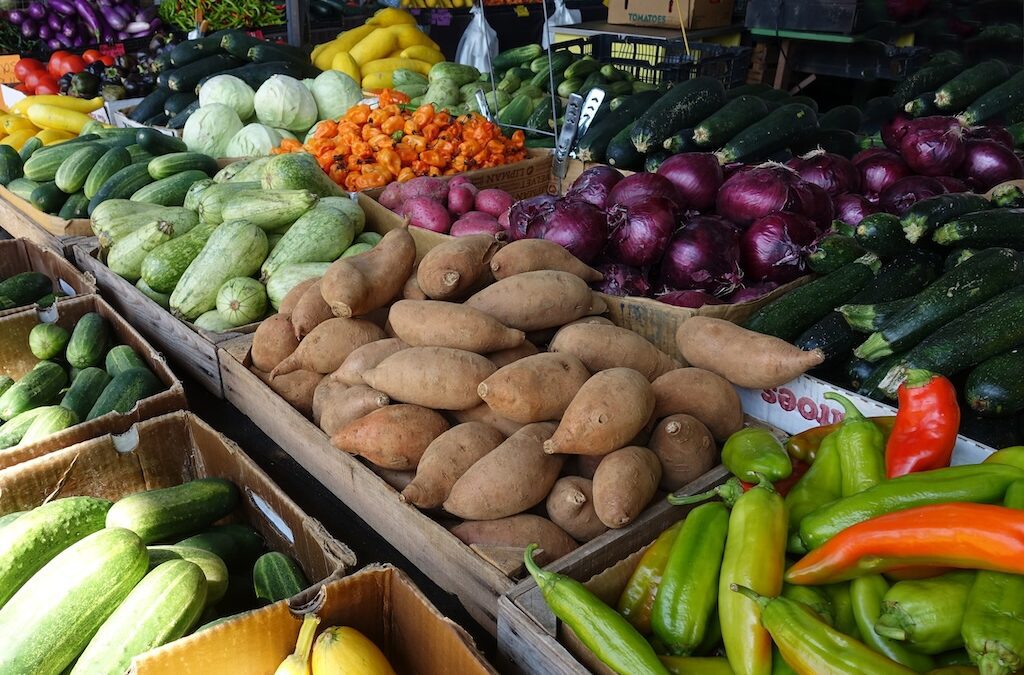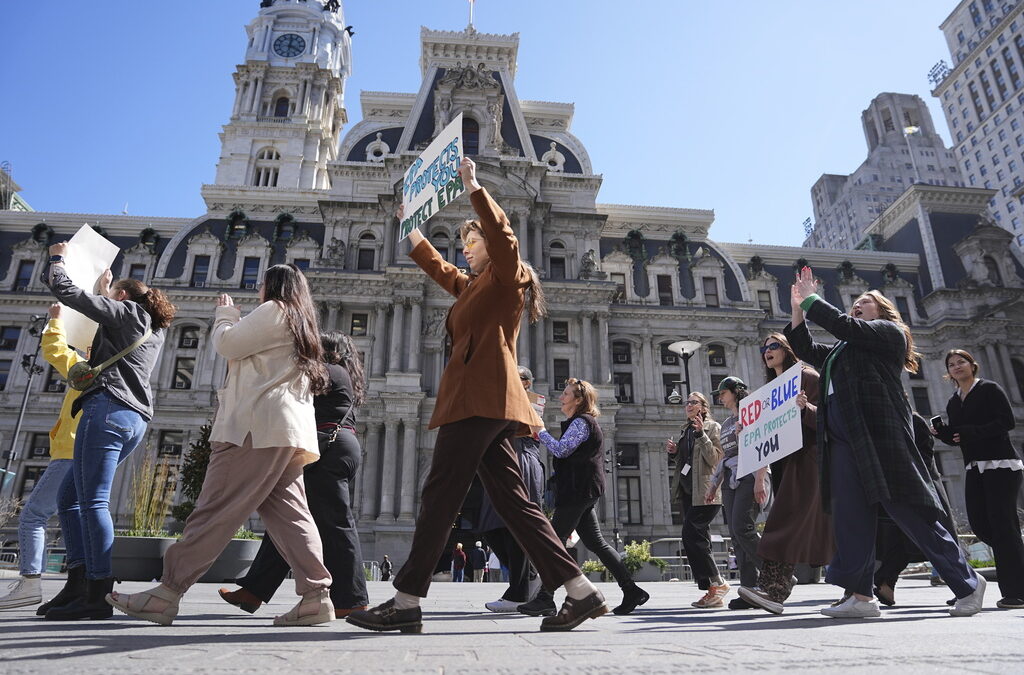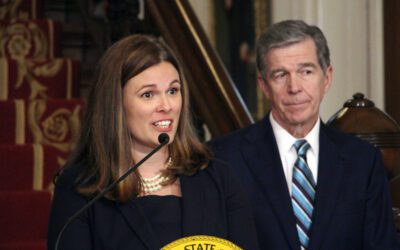
Photo: Getty Images/ Thomas Barwick
Nearly 500,000 North Carolinians have enrolled in the state’s Medicaid expansion program, nearly 40% of whom live in rural communities. The five counties that have seen the highest enrollment rates are also rural, with enrollment rates nearly double the state average.
On December 1st of last year, North Carolina became one of the last remaining holdout states to expand Medicaid access under the Affordable Care Act (ACA), providing coverage to low-income North Carolinians. Since then, over half a million people in the state ages 19 to 64, with incomes at or below 138% of the poverty level, have gained access to healthcare.
About 38% of the population—over 188,000 people—live in rural North Carolina, and county-level data shows that rural counties have significantly benefited from expansion, with the five counties with the highest enrollment rate being largely rural.
Currently, Edgecombe (18.2%), Robeson (17.4%), Swain (15.5%), Scotland (15.2%), and Graham (14.9%) counties have the highest percentage of adults aged 19-64 enrolled in the state’s Medicaid expansion program. In contrast, the statewide average enrollment rate is 7.7%.
Why Medicaid is so important to rural areas
People living in rural North Carolina are more likely to be uninsured than their suburban and urban peers, due to a variety of factors, including fewer economic opportunities, which means less likelihood of having insurance offered through employers. The shortage of good-paying jobs in many rural communities also results in a higher poverty rate than the typical county, which makes it harder for residents to purchase health insurance via other avenues.
Of North Carolina’s 100 counties, 71 are classified as being “rural.” A 2014 study found that 20.8% of rural residents lived below the federal poverty level, compared to 16.8% of urban areas.
“Individuals in rural North Carolina are three to four times as likely to be uninsured as the general population. It’s no surprise that when we enrolled the first 273,000 people into Medicaid expansion, disproportionately those people were in rural North Carolina,” Secretary of Health and Human Services Kody Kinsley told Cardinal & Pine earlier this year.
Due to the lack of insurance, rural communities are more likely to face health issues than people who live in more urban or suburban areas. Access to healthcare is more scarce, and issues such as high blood pressure and obesity are more frequent. Healthcare access in general leads to early diagnosis for issues such as heart disease, and people with health coverage are less likely to skip their medications as those without insurance.
These are real problems—and they are why Medicaid expansion is so crucial to rural communities and giving rural North Carolinians the ability to get treatment for illnesses and chronic conditions.
“When folks don’t have the tools to go see their healthcare provider, or to get access to those life saving medications that help manage their chronic illnesses, whether it’s diabetes, or it’s high blood pressure, other forms of heart disease, they often put off getting the care that they need,” Kinsley said.
Kate Daley, the Health Justice Organizer with Down Home North Carolina, a group focused on rural communities in the state, said Medicaid expansion has been “overwhelmingly positive” for rural residents.
“People who needed surgeries and procedures due to conditions that they’ve been needing for a long time, and couldn’t afford, and were having to put off—I’ve heard from a lot of people that they were finally able to get the kinds of treatments and procedures that they needed,” she told Cardinal & Pine.
Daley said that Medicaid expansion has also given many people Down Home has helped access to “extremely affordable” dental and vision care that they previously lacked.
“People [are] getting new glasses after years of not having updated prescriptions, dental work that they have been needing for a long time and were not able to get,” she said.
Medicaid expansion also provided a boost to rural communities by giving hospitals in these areas a needed lifeline. Since 2005, the state has seen the third-most rural hospital closures in the country, with 11 shutting their doors, resulting in the loss of over 350 beds. And ofthe state’s 80 rural counties, 70 were classified as “medical deserts” in 2019.

Opinion: From gas stations to gardens, rural communities step up to help as Congress slashes SNAP
As Congress looks to cut SNAP, better known as "food stamps," we go inside Greensboro, North Carolina's "People's Market," which runs on vendors and...

Opinion: How we turned a protest into our version of a church
This column is syndicated by Beacon Media and can be republished or posted anywhere for free under Beacon Media’s guidelines. When I got home the...

Gwen Frisbie-Fulton: ‘The people closest to the problem are often the ones who can find the solution’
About two years ago, tents started to show up in my neighborhood along the creek beds and in small stands of trees. Most only became visible when...

A love letter to the working class, from Gwen Frisbie-Fulton
It started in the back seat of my family’s Jeep Cherokee, the one with the broken AC and vinyl seats that stuck to my thighs in the late summer...








